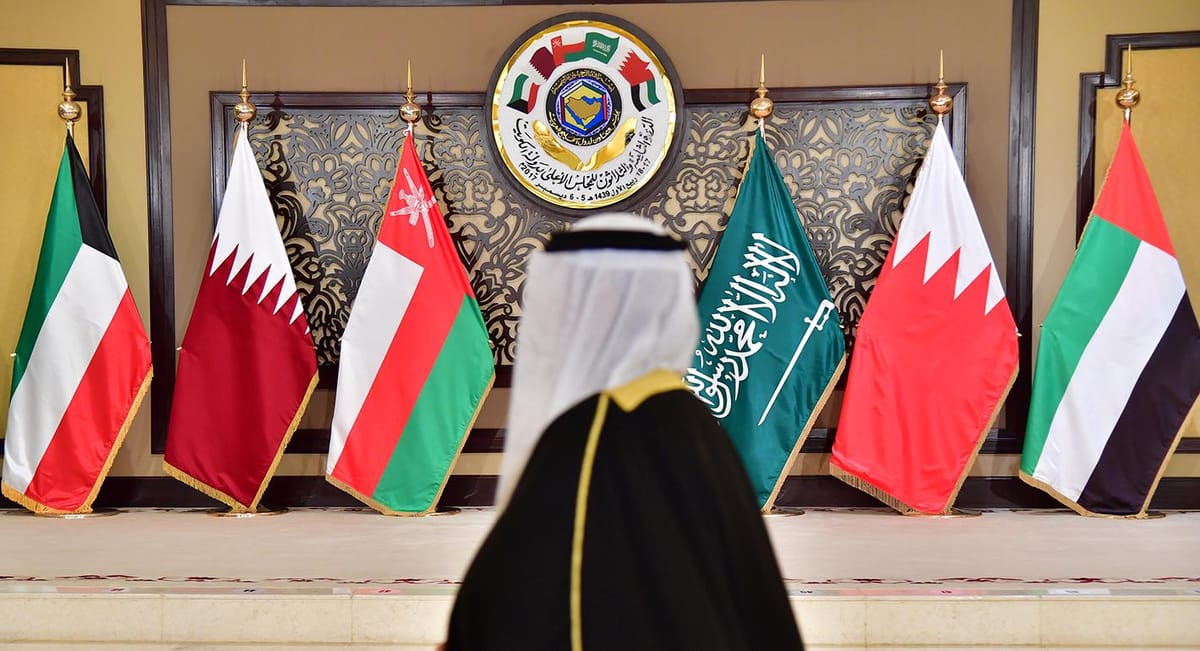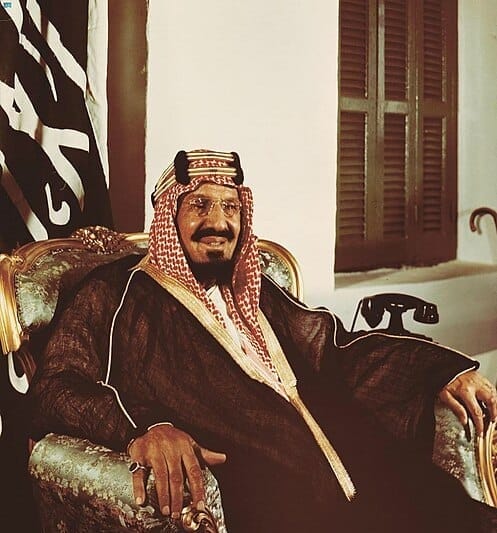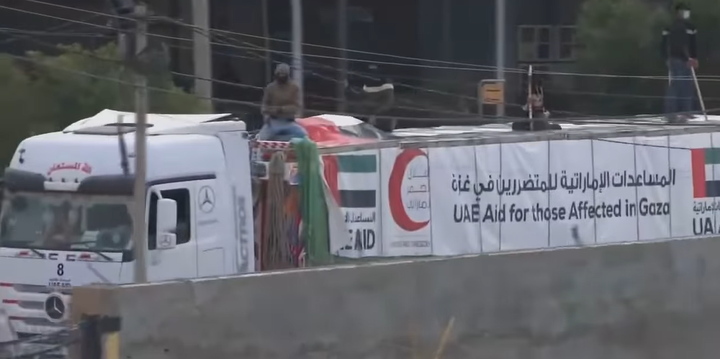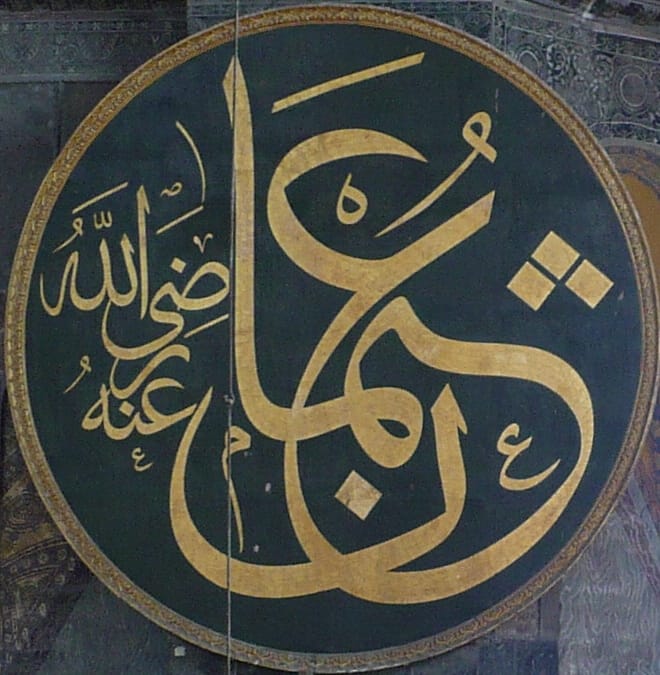Palestinian Statecraft Evolution: Can the Gulf Vision 2030 Be Extended to Underwrite Palestinian State Incubation?

This article examines the conventional elements that shape the path towards a legitimate Palestinian state. It examines the internal state incubation requirements and the role of a possible dominant power in the region to underwrite the development of a Palestinian state apparatus that can thrive sustainably.
Building Viable States
Statecraft is viewed as a blend of strategies to pursue the interests of a state or distinct people[1]. This implicit definition of statecraft involves identifying the national priorities and actively working towards their attainment.
An extrinsic view of “statecraft” involves managing the relations between one’s state and other state or international actors to the advantage of one’s own state[2]. This external dimension requires a unified front for a state and a national interest that is accepted by the state in question.
Thus, statecraft, at the very least, can thrive if there is: (1) a state apparatus, (2) a clearly defined national interest, and (3) a legitimate authority to lead the distinct people.
Aside from this basic element of statecraft, there are outcomes from the representative of a nation-state that shape the internal and external elements of the state-making process. There should be (a) comprehensibility of the leadership's communication, (b) the leadership must engage in careful deliberation, (c) satisfaction of the interest and inquisitiveness of the audiences, sometimes through appropriate gestures and stage-managed performances to maintain national cohesion[3].
Interruptions to Palestinian Statehood from the Beginning
The demands of Arabs in the British Mandate of Palestine in the early 20th Century culminated in tensions. Ultimately, the leadership structures that existed under British colonial rule were destroyed through mass displacement after the wars between Israel and patron states in the region (mainly Egypt and Jordan). This destroyed any possibility of incubating and growing a Palestinian state.
Yassir Arafat emerged as the main face of the Palestinian people. However, the process of demanding a Palestinian state has been limited by:
1. A mandate-era desire to rid the region of Jews
2. A desire for revenge after losses in the wars with Israel
3. A sense of inadequacy of any concession to live side-by-side with Israel and
4. Incitement against Israel in the Arab and Islamic media.
These things create fertile grounds for populism and uprisings. They prevent the vital structures of statecraft for the Palestinian people.
The world has changed significantly since 1947, when the United Nations voted on the Partitioning Plan. However, the international order that existed in the first half of the 20th Century created the pathway for the creation of viable and functional states in the Global South, which was largely under European colonial domination.
While many states in the Global South raise issues of "colonialism" to criticize Israel, they fail to acknowledge the fact that the overwhelming majority of states in the Global South were put on a path toward self-rule. Without that accelerated system of state incubation, most states in the Global South would not have states.
In other words, the international legal order, created the precipitating factors for the creation of modern states in most of the Global South. This was inherent in colonialism in the early 20th Century.
However, after the international injection was made, most countries in the Global South created their own state structures which grew to become modern states.
On the other hand, Palestinians have not been allowed to build their own grassroot systems and structures since 1947. Foreign interference from regional states and groups that might be seen as "supportive" of the Palestinian Cause trivializes any possibility for a Palestinian state. They hope to put pressure on Israel in a unilateral manner while failing to acknowledge a bottom-up path toward the incubation of a Palestinian state.
Article 22 of the League of Nations created a mandate system for colonizing powers in June 1919. This was meant to prepare colonized lands for self-rule. As a matter of fact, many lands around the world claimed by the European powers did not have the structures for the development of state structures.
The mandate system was modified under the United Nations after 1945, which declared automatic independence for countries under foreign domination in 1960.
How A State Gains Independence Matters – It Defines Statecraft
Evidence today shows how statecraft variations have created trends that define today's states that were formerly colonized. Evidence of countries with poor colonial arrangements towards self-rule indicates that many of these countries had a poor peacebuilding system and weak civil society. Today, most of them are either failed states or fragile states. The classic example is Somalia, which did not come under a significant statecraft evolution model that could build a national identity from the bottom up.
On the other hand, there are states that gained independence through violence and liberation wars. Examples include Algeria and Guinea, both former French colonies that gained independence after a wars and struggles. Naturally, such states tilt towards militarization which cloud the ability to build a civil society and functional constitutional system.
A more recent example is South Sudan which was deliberately left under-developed by the dominant power. Ultimately, after independence, they struggle to maintain state cohesion and this inevitably leads to an authoritarian government which is often worse than the colonizing powers.
Why A Smooth Transition Matters
Smoothly transitioning from a colonial system often reflects the experience and will of the former colonizer. Some colonial administrations used good faith methods to incubate states. In some of the most impoverished and backward regions of the world, some colonizers maintained a native administration model.
The native administrative model involved recognizing the different traditional authorities in the land. From there, a balance of power system was created. This allowed for the regulation of affairs in each political unit. Such trends eliminated the state of nature – war, pillaging, and destabilizing tendencies. In its stead, they could create markets, civil society, and maintain a socioeconomic system.
After independence, states with functional native administrative systems could thrive and achieve consensus in better ways. They were prepared for better social discourse, and the transition into an independent state was efficient. This required:
1. A functional social contract,
2. Civil society,
3. A mechanism of containing factionalism, and
4. A leadership development structure.
Application to the Palestinian Case
Palestinians were denied the smooth transition from their native administration system to a state apparatus. The sheiks and effendis recognized under British rule were displaced by the 1948 war. They were broadly classified as “refugees”. Thus, a smooth transition was denied them.

In the gap, militant groups developed that sought to use various methods of armed conflict to pursue the agenda of militarily defeating Israel. Others sought to make Israel's existence uncomfortable through attrition wars and terrorist attacks.
Those things do not only make statecraft difficult, they also create novel problems and challenges.
As a matter of fact, getting onto a pathway toward statehood in the Middle East is considered to be exceptionally difficult. Some scholars argue that "sovereignty" is inherently European in its nature, and this can be traced back to the Treaty of Westphalia of 1648[4]. Thus, any form of sovereignty in the Middle East and North Africa is susceptible to being challenged by different ideologies ranging from Pan-Arabism to Islamism and other views.
Thus, a unique risk of co-option has persisted in every attempt towards developing a Palestinian state. Many state incubation processes have failed in this direction. This means a unique method must be developed and applied.
The Way Forward: A Good Faith Palestinian Statecraft System Underwritten by a Credible Potentate
It is evident that demanding statehood from Israel or the international community will not prepare the Palestinians for a sustainable state. We have written here in Abraham Alliance that there are many interest parties who want to destroy a Palestinian state by simply provoking the other party. This only provides a reason for more violence and temporary outcomes that lead to renewed violence regularly.
Thus, a good faith transition for the Palestinian people into a state must come before any demand is put on the table. There should be a clear plan to develop the basic elements of statecraft in the Palestinian communities – a state apparatus, a common national interest, and a legitimate authority to represent the Palestinians.
However, for it to work well, a potentate or group of potentates who support the idea in good faith must rise to underwrite the transition. This should lead not only to economic inputs but also real political discourse that will create a sustainable statecraft beyond co-option.
Saudi Arabia and the kings of the Gulf Cooperation Council (GCC) must rise to fill the vacuum and lay these foundations. It is true they have tried and failed on many occasions.
No country did more to support the creation and recognition of a Palestinian state in good faith than Saudi Arabia. They were making a lot of progress when the October 7 attacks occurred. This is an attack that has been rationalized and justified by the Iranian top leadership structure. Most of the weapons Hamas used for October 7 were Iranian-made.
As such, the Saudis and Gulf countries are the main neighbors who have the credibility to initiate and catalyze a functional Palestinian state.
What Can the Gulf States Do? How can they Underwrite a Palestinian Statecraft Structure?
The GCC kings can form a strategic plan develop emirate-level administration in the Palestinian cities throughout the country. This will involve a system of recognizing a power structure that can engage to develop a new Palestinian system geared towards an efficient statecraft model.
What can this look like:
1. Creating a Majlis model in the major Palestinian centers
2. Build communities and support institutions for a functional state
3. Put in place mechanisms to eliminate artificial poverty caused by the top-down transfer of donations to a few leaders who end up moving the population towards violence and hate, like Yahya Sinwar,
4. Gain a commitment to eliminate radicalization
5. Create opportunities for Palestinian youth to develop their originality and efficiency
If these pointers are instituted and underwritten at the strategic level of the GCC, they could set up a five-year plan that at this time of writing, would coincide with their Vision 2030.
Although Vision 2030 has faced a major setback because of the Gaza War, it could grow through a mutual connection between the development of a Palestinian state structure symbiotically and the Gulf states' diversification plan. This will create win-win outcomes and reverse Iran's intention of setting the region back by 70 years to promote its brand of Islam[5].
Israel’s Role in the Process: Good Faith Oversight
If the Gulf states rise to underwrite a Palestinian statecraft process, Israel will naturally be placed to observe, monitor, and develop a social contract.
Many have blamed Israeli Prime Minister, Binyamin Netanyahu, for "nourishing" Hamas to a point where they launched the October 7 massacres[6]. Whatever it is, Israel’s role as a good faith partner will be enhanced if they have to oversee the development of vital institutions representative of the best interest of Palestinians.
This will create a precipitation of a Palestinian state from the bottom to the top. It will contribute to:
1. Political structures
2. Consensus building
3. Productivity
4. Markets, and
5. Technology development for civilian advancement
Through this, a better social contract can be developed. And relations between Israel and the Palestinians will move from a cold one to a more active one.
Over time, Palestinians can decide on which model works best for them in a free and authentic process. Whether Palestinians will choose a Scottish first minister model or decide to build a unified emirate system or a republic, it can only start with an appropriate state incubation process. And Israelis are likely to support the appropriate path the Palestinians choose if it is based on the essential elements of statecraft.
Conclusion
Statecraft is a conscious process that requires certain fundamental elements. Palestinians may identify with other formerly colonized states in the Global South. However, they have never been allowed to build the state apparatus necessary for the creation of a viable state. With Iran's clear rejection of peaceful co-existence and tendency to co-opt not just the Palestinian people but the entire region, they lack the legitimacy to contribute meaningfully to a Palestinian statecraft path. In its stead, a unique opportunity has come for the Gulf states, led by Saudi Arabia, to underwrite a medium- to long-term plan to develop the state structures for the Palestinian people. This is essential because a Palestinian state shoved on the stakeholders from the top down has failed. Thus, the Gulf states have a once-in-a-generation chance to lead a process that will consolidate a Majlis-based peacebuilding system and political consensus development in the various Palestinian communities and move to build a functional state model. Such a system built in good faith will bring on Israel to contribute to the creation of a functional Palestinian state structure. Over time, the Palestinian people can choose and decide on a future that fits their greatest and best expectations.
[1] Dennis Ross. Statecraft: And How to Restore America's Standing in the World. (New York: Farrar, Straus, and Giroux, 2008) p.x.
[2] Charles Hill. Grand Strategies: Literature, Statecraft, and World Order. Boston, MA: Yale University Press, 2012
[3] B. J. C. McKercher. Routledge Handbook of Diplomacy and Statecraft. (London: Routledge, 2022) p24
[4] Dr. F. Gregory Gause III. "Sovereignty, Statecraft, and Stability in the Middle East" Rethinking Nationalism & Sovereignty 45 (2) 1992 pp441-469
[5] Iranian Culture & Relations Organization. "Speech delivered by Imam Khamenei, the Leader of the Islamic Revolution, on 4 October 2024 during Friday Prayers." Published: October 8, 2024. Available at: https://english.khamenei.ir/news/11146/Palestinian-and-Lebanese-Resistance-pushed-back-Zionist-regime
[6] Mark Mazzaratti & Ronen Bergman. "Binyamin Netanyahu for “nourishing” Hamas to a point where they launched October 7" New York Times. Published: December 10, 2024. Available at: https://www.nytimes.com/2023/12/10/world/middleeast/israel-qatar-money-prop-up-hamas.html




